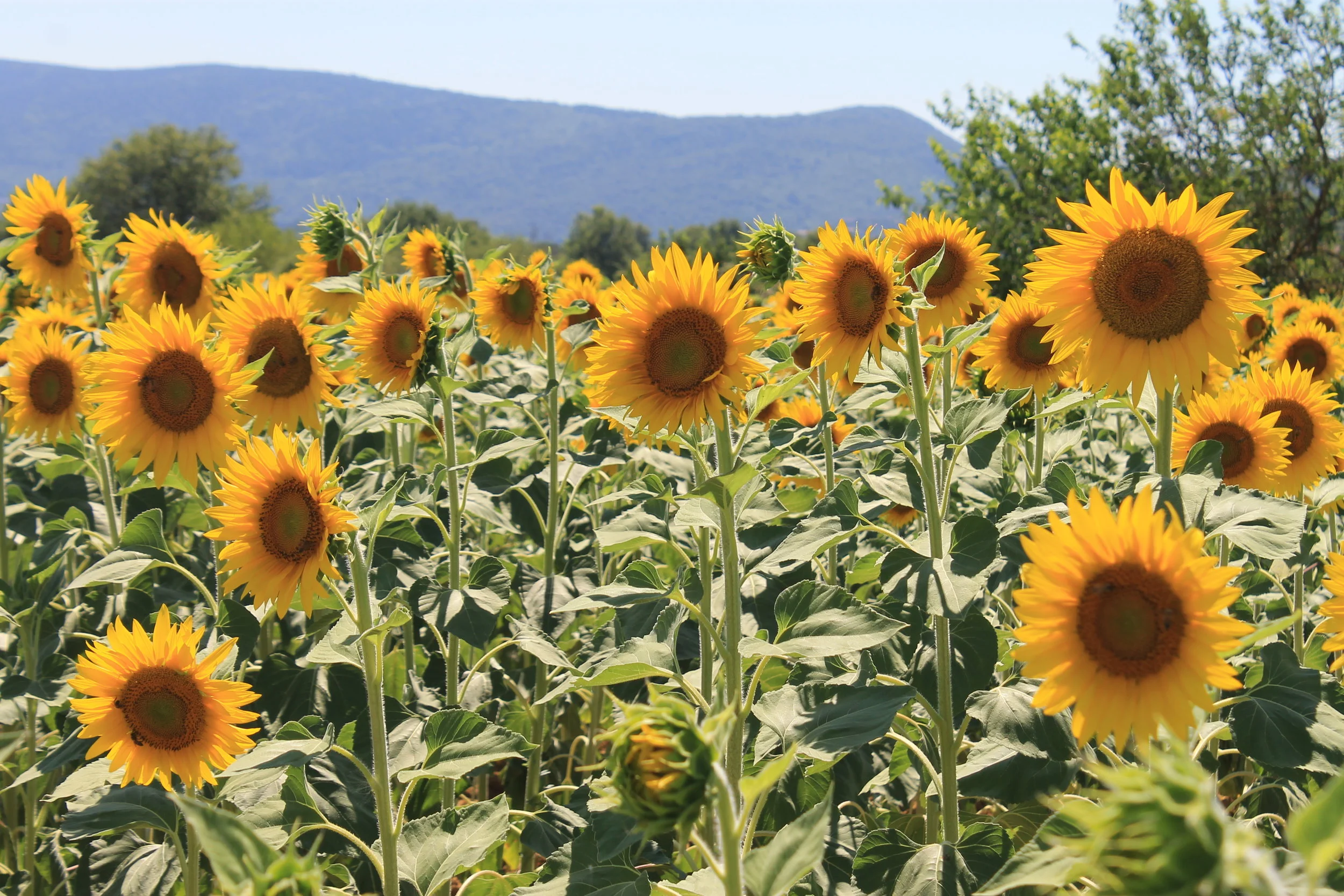I like to this of myself as a “robust generalist,” in that my passion for ecological thinking enables my pedagogical range to continue to make new connections and trace paths of relation -- especially across elongated geographic, temporal, and cultural planes. I am enlivened and inspired by critical theories and pedagogical practices that shift scales, think in systems, and use poetic language as a means of recognizing both continuity and multiplicity. I always approach teaching literature and philosophy with practical concerns and questions. How can reading this work help us to understand our current historical moment? What can we learn from comparative and ancient traditions? How do poetry and literature transmit cultural wisdom and diversify our perspectives? What formal and rhetorical strategies do they employ to transit much wisdom? In a contemporary cultural moment where there is much talk about the "death of the humanities," I resolutely believe in their enduring value. Indeed, as my students and I often come to realize in classroom discussions, the humanities open spaces for intimacy, immediacy, contemplation, empathy, creativity, and social change. As such, literature helps us to become better thinkers, citizens, friends, and people in general. In particular, I draw on curricular designs and pedagogical practices that emphasize interdisciplinarity and are informed by contemplative traditions, ecological thinking, social justice ethics, as well as an exploratory range of literary theories and critical reading approaches.
I am currently a full-time lecturer in the Department of English at SUNY Old Westbury, after serving as a full-time lecturer for four years in the First Year Experience Program. I also served as Interim Director of the Old Westbury Honors College for three semesters during a transitional moment in curriculum and leadership. During this time, I created programming connected to environmental engagement and emotional-social well-being, including a Wellness Retreat, the installation of a Food Justice Garden, and the organization of a First-Year Common Read with the celebrated poet Ross Gay. I continue to explore interdisciplinary collaboration at Old Westbury though the Honors College, the Social and Environmental Justice Institute, and as faculty advisor of the Environmental Sustainability Club.
Courses Taught at SUNY Old Westbury
First Year Experience Program
Ethics of Experience
Community Action, Leadership, and Learning
Community Learning Honors (Topic: Gardening, Food Justice, and the Vocation of Care)
Community Learning (Topic: Mindfulness Initiative)
Department of English
Environmental Literature
Survey of World Literature
Creative Nonfiction Workshop
European Literature I (Ancient - Renaissance)
European Literature II (Enlightenment - Present)
Literature Across Cultures: Theory
Literature Across Cultures: Analysis
Survey of British Literature: Beowulf-1800
The Literature of Peace and Justice (Independent Study)
Courses Taught at Stony Brook University
Interdisciplinary Program in Sustainability Studies
Critical Analysis and Interpretation in the Environmental Humanities
The Literature of Extreme Events
Personal Responsibility & Sustainability (Independent Study)
Undergraduate College in Human Development & The Honors College
Yoga for Academic Wellness
Permaculture and Regenerative Design
Eating Mindfully
Department of English
Environmental Literature
Native American Literature
World Literature: Ancient to Modern
Buddhism & Poetry: Meditation, Perception, and the Work of Translation
Twentieth Century American Literature: Place, Identity, & History
Survey of American Literature: 1865-1945
Literary Analysis and Argumentation
Introduction to Poetry: American Romantics
Introduction to Poetry: Poetic Form & World Context
Introduction to Fiction: Reading like a Writer
Introduction to Drama
Program in Writing & Rhetoric
Introductory Writing Workshop
Intermediate Writing Workshop
To educate as the practice of freedom is a way of teaching that anyone can learn. That learning process comes easiest to those of us who teach who also believe that there is an aspect of our vocation that is sacred; who believe that our work is not merely to share information but to share in the intellectual and spiritual growth of our students. To teach in a manner that respects and cares for the souls of our students is essential if we are to provide the necessary conditions where learning can most deeply and intimately begin.
-bell hooks, Teaching to Transgress
Final Community Learning Project, asking community members to dedicate themselves to values that align with personal/community ethics.
Chatting, Squatting, and Planting Onions
Food Justice Garden - Year 2 - SUNY Old Westbury - Community Learning
Old Westbury Honors College Students exploring Tai Chi as a movement-based contemplative practice at the Wellness Retreat
Old Westbury Honors College Students at the Public Theater to see a Suzan-Lori Parks play
Environmental Humanities students enjoying a final session, reading and writing haiku, under Stony Brook's cherry blossoms
Novelist Jessica Lott visits Intro to Fiction and offers heart-warming and honest dialogue on the process and power of fiction.
Stony Brook's finest, celebrating the publication of their poetry anthology with a reading in the Poetry Center.
Students from Honors 117: Permaculture and Regenerative Design doing on-site project development, Elija Farm, Spring 2017.









